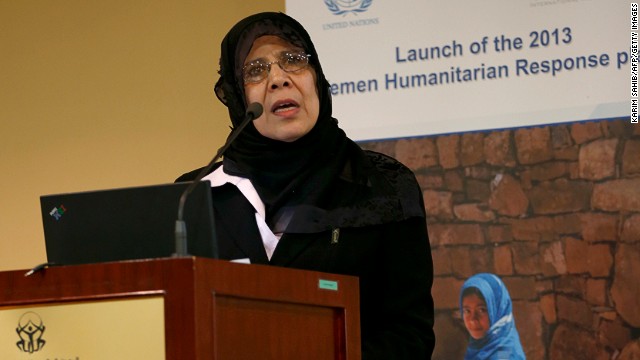Brandon Cottrell
Impunity Watch Reporter, North America
WASHINGTON, D.C., United States – This past weekend’s agreement to seek a “strong and robust” United Nation resolution, which would remove all chemical weapons from Syria by 2014 has caused numerous U.S. politicians to weigh in, with some in support but most in opposition.

Although the U.S., France, and Great Britain are in agreement that they do not want a ground invasion of Syria, U.S. Secretary of State John Kerry and President Obama have not ruled out a unilateral strike against Syria if Syria fails to meet any of its forthcoming commitments under the resolution.
Kerry commented that, “If Assad fails in time to abide by the terms of this framework, make no mistake, we are all agreed – and that includes Russia – that there will be consequences.” French President Francois Hollande echoed those sentiments, as he stated that, “The military option must remain; otherwise there will be no pressure [to comply].”
Many U.S. politicians, however, are skeptical about the tentative agreement that was struck between the U.S. and Russia. Some say that the agreement is a sign of overall American weakness while others were troubled that the agreement’s success will “depend largely on the cooperation of Russian and Syrian authorities, which have proven themselves anything but trustworthy.”
Representative Mike Rogers, chairman of the House Intelligence Committee, even said that the U.S. is “being led by the nose by” Russian President Vladimir Putin. Rodgers also thinks that the U.S. “fired our last round” and that the ability to negotiate a settlement has been sent with Russia to the U.N., which is “a dangerous place for us (the U.S) to be if you want an overall settlement to the problems.”
Senator John McCain is also among those who does not support the agreement. He thinks that the agreement is a “loser” because it is unlikely to be enforced. Additionally, he believes that the U.S. has “effectively taken the threat of military force off the table” despite the Obama’s and Kerry’s earlier statements that the U.S. military is prepared to launch a strike.
Others, however, are optimistic. Representative Elijah Cummings noted that “just a week ago . . . we had Russia and Syria saying . . . they had happens. And now we are sitting down at the table with a very aggressive agenda, sitting down at that table trying to resolve this issue without a bullet being fired. That’s very significant.”
For more information, please see:
CBS News – U.S. Politicians Wonder If Obama Was Outfoxed On Syria Chemical Weapons – 15 September 2013
Fox News – Lawmakers Debate Whether US Outfoxed On Syria; Obama Says ‘Foundation’ Set For War Settlement – 15 September 2013
New York Times – U.S. And Allies Push For Strong U.N. Measure On Syria’s Arms– 16 September 2013
USA Today – U.S. Seeks Wide Support For Syria Arms Deal – 16 September 2013



